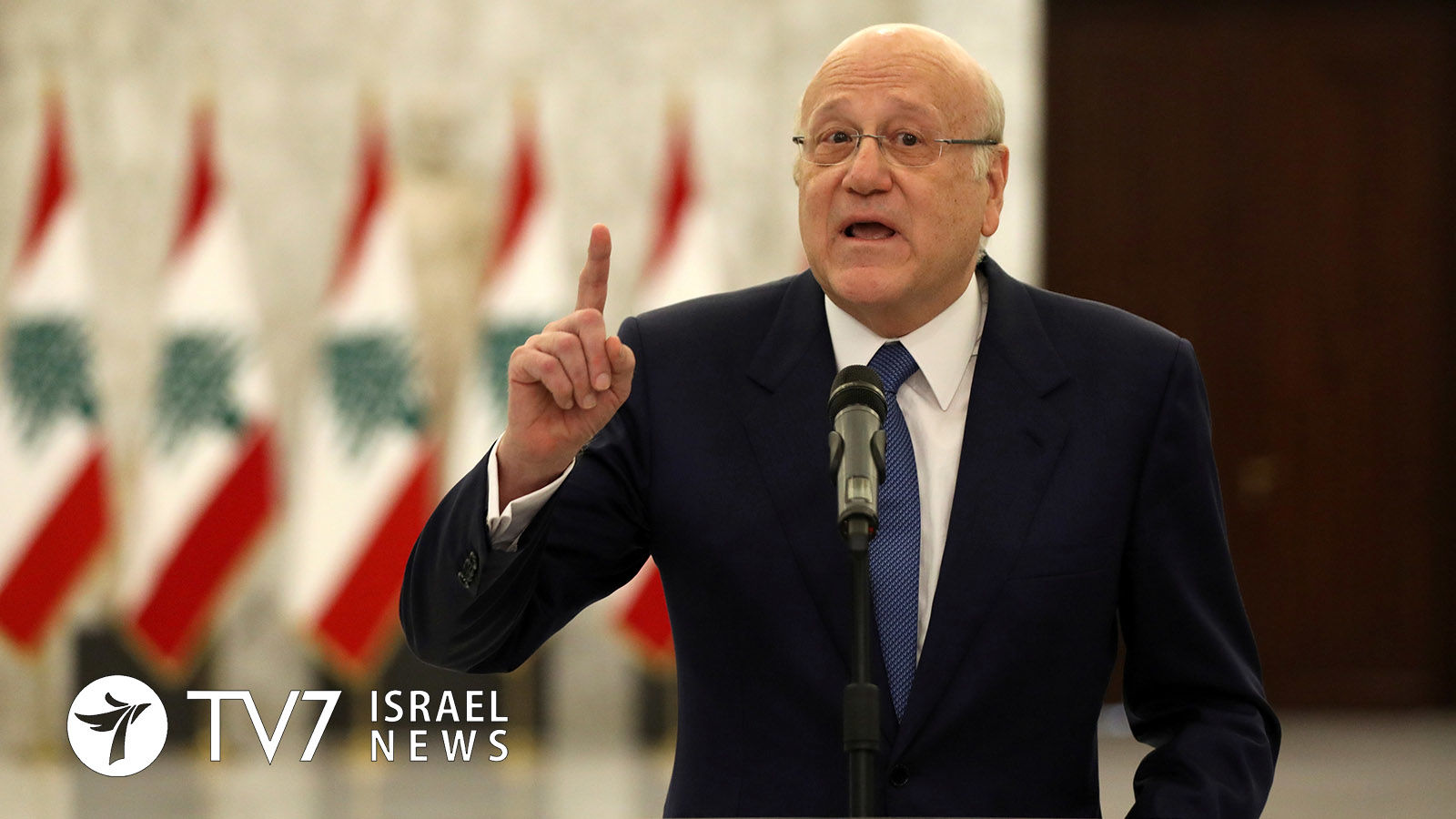Lebanon’s new government won an 85 to 15 vote of confidence amid a devastating financial collapse.
By Erin Viner
During a session delayed by a lack of electricity due to power cuts, parliamentarians in Beirut approved the policy program proposed by Prime Minister Najib Mikati to revive talks with the International Monetary Fund (IMF) and initiate reforms that insisted on by donors prior to offering critically-needed foreign assistance.
“From the heart of the suffering of Beirut … our cabinet was born to light a candle in this hopeless darkness,” said Mikati, after being urged by Parliament Speaker Nabih Berri to keep his remarks short because of the power shortage. “Let’s not bother you and read it all out, let’s save time because of the electricity issue,” said Berri, the leader of the Shi’ite Amal movement, to the Sunni Muslim premier.
The government is only able to provide a few if any hours to state-generated power to the population, three-quarters of whom are estimated to live in poverty. The lack of fuel is part of a nationwide energy crisis in the depression-stricken country which has crippled normal life as hard currency reserves have run out.
“We will start with the IMF this is not a choice it is something we have to go through,” Mikati said in his address ahead of the vote to approve his government in the wake of a year of political conflict over cabinet seats that worsened the crisis.
The Lebanese leader’s policy program is based on a financial recovery plan drawn up by the previous government, which set out a shortfall in the financial system of some $90 billion – a figure endorsed by the IMF. That proposal was dismissed by both the country’s political elite and the banking system, resulting in the suspension of IMF talks last year.
Lebanon’s financial system disintegrated in late 2019 following decades of corruption and uncontrolled state spending.
Deep concern over rising of the Iran-backed Hezbollah terror group in Lebanon’s political system has warded off aid from the country’s traditional wealthy Gulf states, while presenting Mikati with a precarious balancing act while trying to bring Lebanon back into the Arab fold. Hezbollah last week successfully arranged the delivery of a first shipment of Iranian oil to alleviate the power shortages, which the new government – that includes Hezbollah-backed ministers – said constituted a breach of Lebanese sovereignty.
